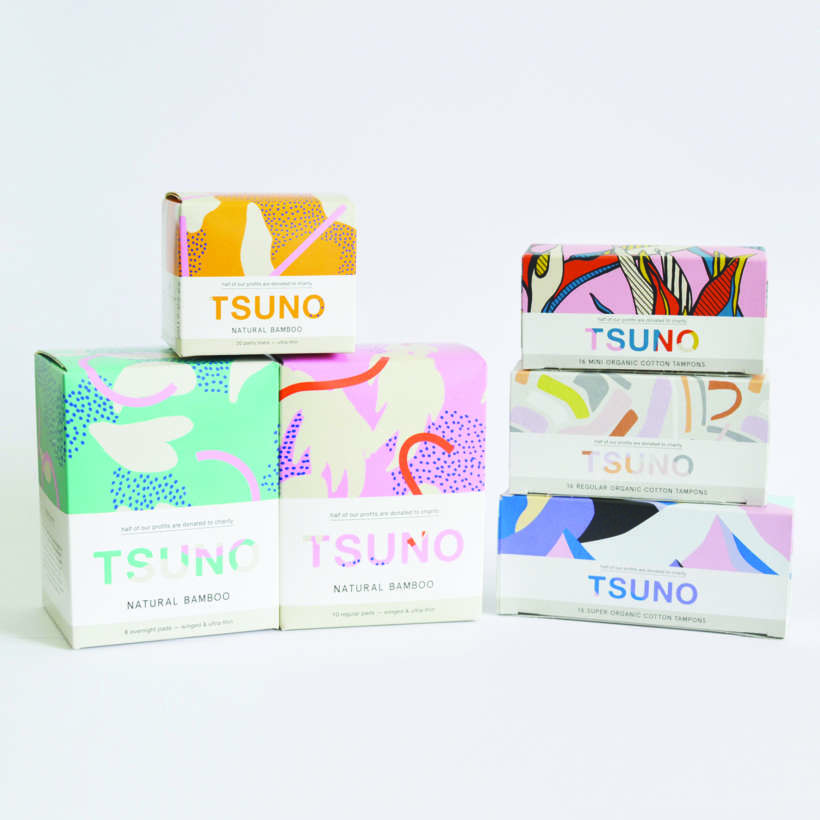
If experiencing headaches, bloating and general PMS aren’t bad enough, sadly many tampons are non-biodegradable, adding to landfill.
It’s been estimated that the average woman uses over 11,000 tampons in her life. That’s a LOT and leads to two questions… what impact are all these disposable, synthetic fibres having on the environment? And what impact are these synthetic fibres having on a woman’s body?
“Every bit of plastic ever made still exists somewhere today”
– Greenpeace International
Many non-organic cotton tampons are made from viscose or rayon, the same synthetic fibres used to make some types of bedding and clothes. Although these fibres aren’t plastic, they can impact the environment by relying heavily on pesticides, fertilisers and bleach during production, which can affect soil health and waterways. Non-organic tampon strings are usually made from polyester, with a protective plastic cover made from polyethylene – the world’s most common type of plastic… a lot of synthetics for a small product. Polyester and polyethylene are typically non-biodegradable, meaning they end up in landfill for hundreds of years, which seems environmentally irresponsible given tampons are used for only a few hours each.
“Your body is your temple. Keep it pure and clean for the soul to reside in.”
– B.K.S lyenger
But it’s not only environmental reasons organic cotton tampons are increasing in popularity. Many women are concerned about their health. Health authorities have found no safety risk of using tampons made from synthetic fibres to date, and yet I couldn’t help feeling alarmed about inserting absorbent synthetic fibres into my body each month. Toxic shock syndrome (TSS) warnings are labelled on all tampons, regardless of what they’re made from, because tampon use may increase TSS risk. So just like buying organic produce to avoid synthetic pesticides, buying organic cotton tampons is a personal choice.
If you are interested in trying 100% organic cotton tampons, check out our exciting range next time you’re shopping at Kunara. Tsuno tampons and pads are one brand we’re really digging. Their products are made from sustainable bamboo fibre and corn starch, free of chlorine and dioxin bleach. And that’s not all to love…they donate half their profits to charities focused on empowering women living in poverty. What’s not to love about that?

Leave a Reply